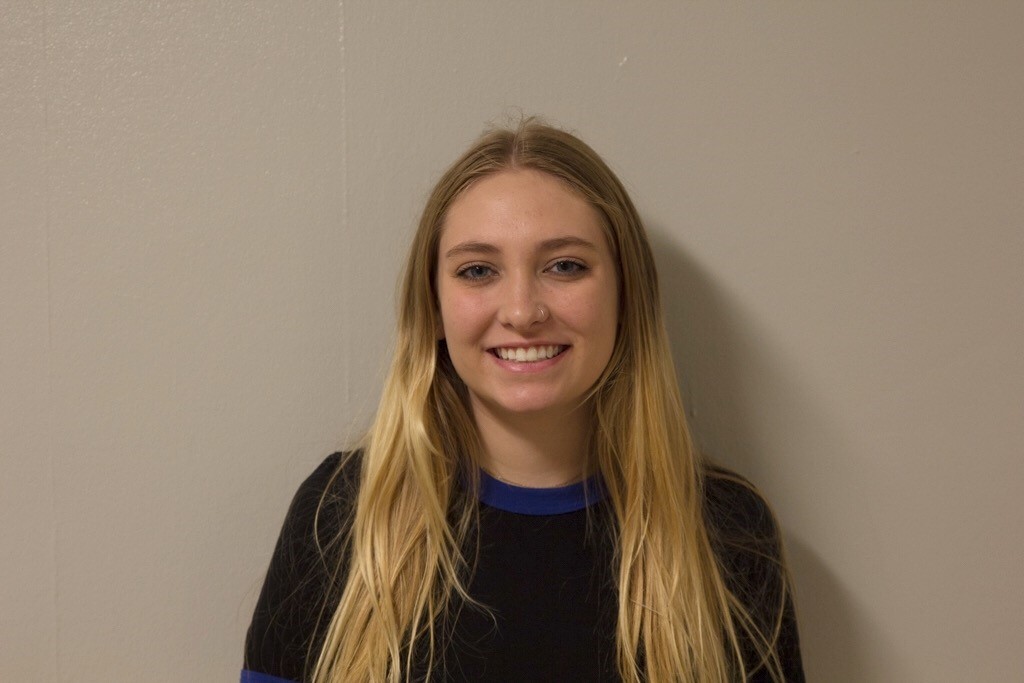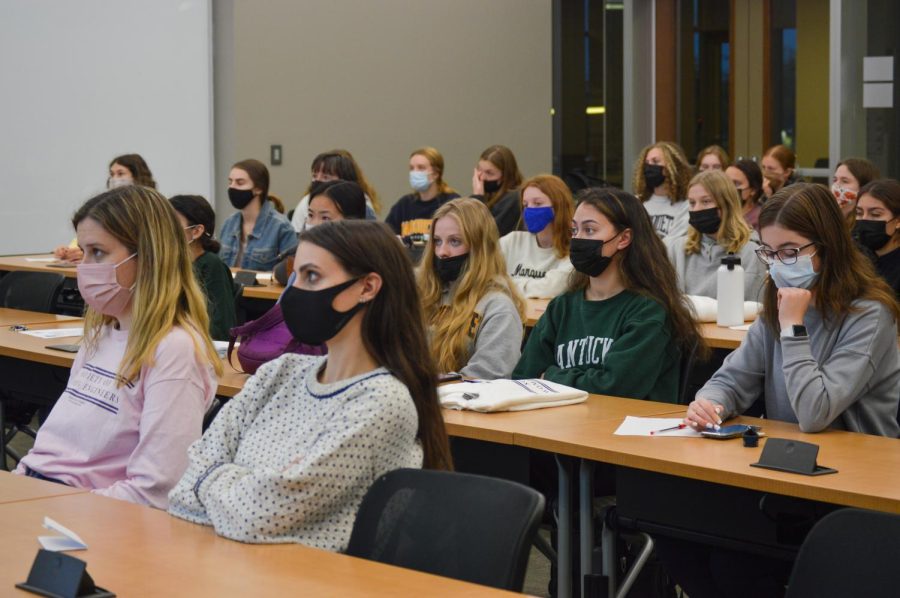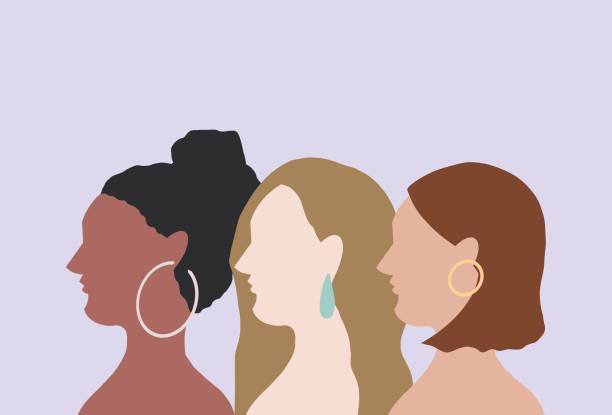Natural Cycles, an app that assists with natural family planning, has been under investigation after 37 women using the app became pregnant. Natural family planning is a form of contraception where a women’s natural cycle is monitored to reveal the times she is most and least fertile.
There certainly seem to be some problems with the app, but the fact that multiple women trusted it shows a lack of women’s health education.
The most important factor in women’s health is education. Unfortunately, this is lacking in many parts of the world, including in the United States. Up to 70 million teen girls worldwide are not in school, and there are two times as many illiterate females compared to males, according to research published by the Global Partnership for Education.
This is clearly a red flag that female education is lacking, but the issue isn’t just about females. It is part of the bigger issue that teenagers are less educated about sexual health than they should be.
Not only is there a lack of education, but also large disparities in who receives the little education that is offered. Even if health education like sexual health education is offered in schools, it may not be comprehensive enough. For example, when I have discussed sex education with my peers, I’ve found that some schools teach that abstinence is the best plan for everyone and by teaching that, the school feels it does not need to inform students on much else. But just because a student might choose to be abstinent does not mean they do not need to be educated about sexual health.
This goes back to the issue of the Natural Cycles app. The first problem with the app is its advertisement. The advertisement for the app states that after entering your daily temperature, it tells you whether the current day was a “green day” or a “red day.” The app specifically says that on green days you cannot get pregnant, but on red days you should use protection to avoid pregnancy.
This is very misleading, especially because it takes the app some time to figure out each individual user’s cycle. And much like sexual education levels, everyone is different. So claiming that it is as simple as a green day or a red day already presents a flaw, especially to those with very little sexual education.
The second problem with the application is actually more of a problem with the users. If the users of this app had been educated more sufficiently on sexual health, they would know not to trust an app that claims getting pregnant is as simple as green or red. But the users cannot be entirely blamed here. The education system causes people to remain confused or uneducated when it comes to sexual health.
I know a girl who believed that babies grow in a woman’s stomach. She didn’t figure out that this was false until she was 17 years old. Like the users of Natural Cycles, this misinformation was not her fault, but it supports my point that the sexual health education she received was not comprehensive in any way.
This is the case for many students, and what is even more troubling is that in most cases, they don’t ask questions about sexual health because they know they are less informed and do not want to sound stupid. To avoid this issue, everyone needs to be educated about sexual health at an early age.
I received health education both at my school and my church, and there was a very drastic difference between the two. It may be surprising to many people, but what I was taught through my church actually covered much more. I felt like I had a leg up compared to other students and found myself answering some of my classmates’ questions. This goes to show that education might be inadequate, or alternatively, comprehensive in places someone might not expect.
Female health education is extremely important for not only females, but for everyone. This is just another example of how health education related to females and for females is not prioritized. People may know basic health education, but they don’t know about female health in depth. And the creators of Natural Cycles might have been students who did not receive proper health education at a young age.





